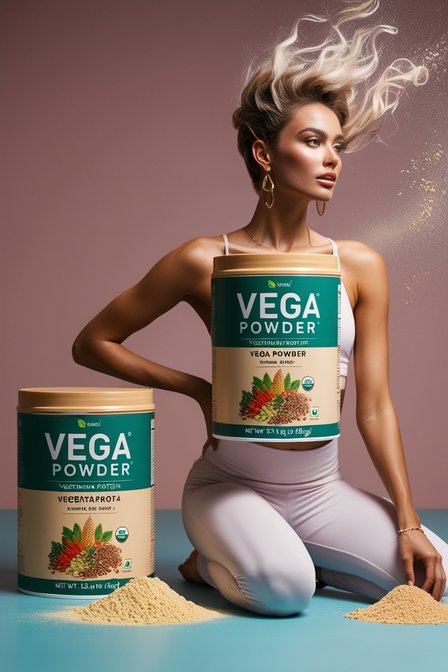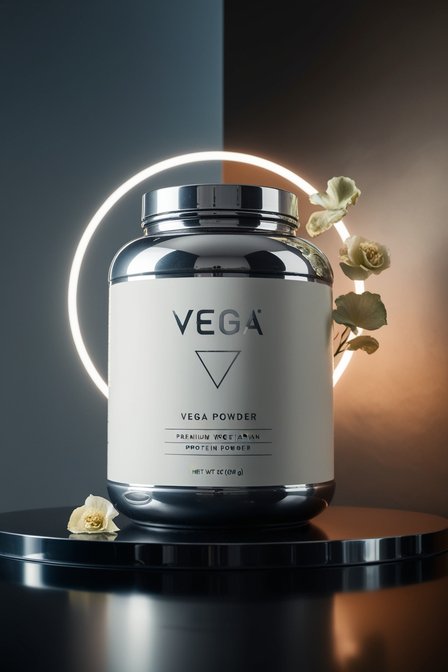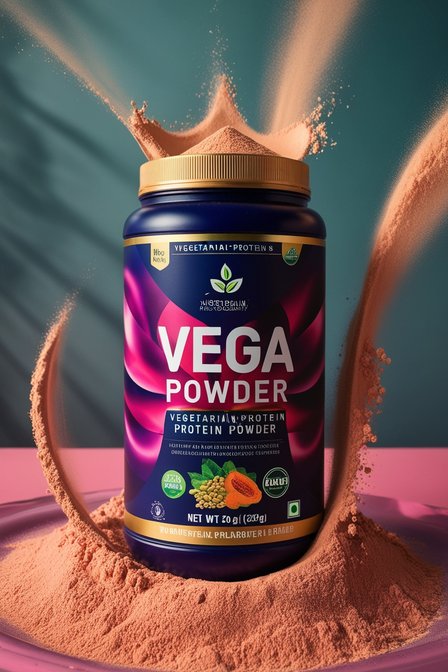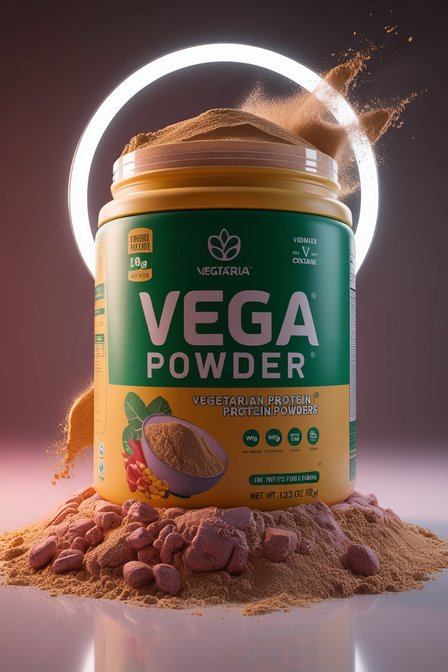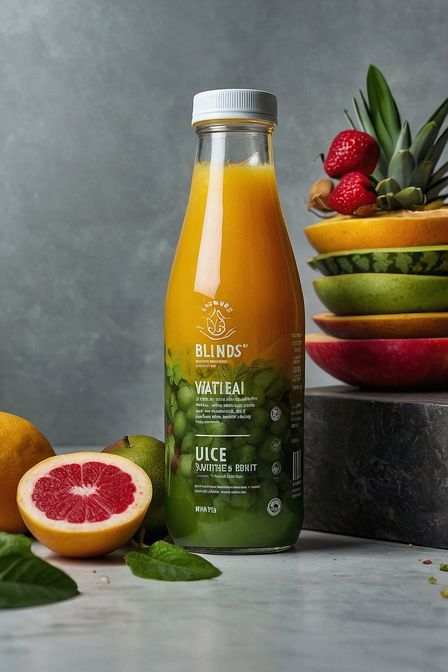Vegan Protein Bodybuilding: Fueling Your Gains Naturally
The Rise of Vegan Bodybuilding
In recent years, the trend of veganism has seen a significant rise, and along with it, the concept of vegan bodybuilding has gained momentum. The shift towards plant-based diets is driven by various factors, including health benefits, environmental concerns, and ethical considerations. Bodybuilders, traditionally reliant on animal-based proteins, are now exploring vegan options to fuel their muscle growth and performance. This transformation challenges the conventional wisdom that animal products are indispensable for bodybuilding success.
Understanding Vegan Protein Sources
Vegan protein sources are derived from plants, and they come in various forms, such as legumes, grains, nuts, seeds, and vegetables. These sources are not only rich in protein but also provide essential nutrients like fiber, vitamins, and minerals. Common vegan protein sources include lentils, chickpeas, black beans, quinoa, tofu, tempeh, seitan, hemp seeds, chia seeds, and nutritional yeast. Each of these sources offers unique benefits, making it possible to create a diverse and balanced diet that supports bodybuilding goals.
Complete and Incomplete Proteins
One of the critical considerations in vegan bodybuilding is ensuring the intake of complete proteins, which contain all nine essential amino acids that the body cannot produce on its own. Animal proteins are naturally complete, but many plant proteins are not. However, by combining different plant-based foods, vegans can achieve a complete amino acid profile. For example, combining rice and beans or hummus and whole-grain bread provides a full spectrum of essential amino acids.
Building Muscle on a Vegan Diet
Building muscle on a vegan diet requires strategic planning and a thorough understanding of nutritional needs. The key is to consume sufficient protein to support muscle repair and growth while maintaining a caloric surplus. Protein needs for bodybuilders can range from 1.6 to 2.2 grams per kilogram of body weight per day. To meet these needs, vegan bodybuilders often incorporate protein-rich foods into every meal and use plant-based protein supplements like pea protein, rice protein, or hemp protein.
The Role of Supplements
While a well-planned vegan diet can provide most essential nutrients, some supplements can be beneficial for vegan bodybuilders. Vitamin B12, which is naturally found in animal products, is crucial for energy metabolism and can be supplemented. Omega-3 fatty acids, typically sourced from fish, can be obtained from algae-based supplements. Additionally, creatine and beta-alanine, popular supplements in bodybuilding, are available in vegan forms and can help enhance performance and muscle growth.
Overcoming Challenges
Vegan bodybuilders may face challenges such as higher caloric needs and potential nutrient deficiencies. To overcome these challenges, it's essential to focus on nutrient-dense foods and monitor dietary intake closely. Working with a nutritionist or dietitian experienced in vegan diets can provide personalized guidance and ensure nutritional adequacy. Meal planning and preparation are also vital to ensure that protein and calorie goals are consistently met.
Benefits of Vegan Bodybuilding
Adopting a vegan diet for bodybuilding offers numerous benefits beyond muscle growth. Plant-based diets are associated with lower risks of chronic diseases, such as heart disease, diabetes, and certain cancers. They also promote better digestion and gut health due to the high fiber content. Furthermore, vegan diets are more environmentally sustainable, reducing the carbon footprint and conserving natural resources. Ethical considerations, including animal welfare, are also significant motivations for many athletes who choose veganism.
Success Stories in Vegan Bodybuilding
Several successful vegan bodybuilders have demonstrated that plant-based diets can support impressive muscle growth and performance. Athletes like Torre Washington, Nimai Delgado, and Patrik Baboumian have gained recognition for their achievements in bodybuilding and strength sports while adhering to vegan diets. Their success stories serve as inspiration and proof that veganism and bodybuilding are not mutually exclusive.
Practical Tips for Vegan Bodybuilders
For those new to vegan bodybuilding, practical tips can help ease the transition and optimize results. Start by gradually incorporating more plant-based foods into your diet and experimenting with different recipes to find what works best for you. Ensure each meal contains a good source of protein, healthy fats, and complex carbohydrates. Hydration is crucial, so drink plenty of water throughout the day. Pay attention to your body's signals and adjust your diet as needed to meet your energy and protein requirements.
The Future of Vegan Bodybuilding
The future of vegan bodybuilding looks promising as more research supports the benefits of plant-based diets for athletic performance. Innovations in food technology are also making it easier to access high-quality vegan protein sources and supplements. As the vegan movement continues to grow, we can expect to see more athletes and bodybuilders embracing plant-based nutrition and achieving remarkable success in their respective fields.
Conclusion
Vegan protein bodybuilding is a viable and increasingly popular approach to achieving muscle growth and overall fitness. By understanding the various plant-based protein sources and ensuring a balanced diet, vegan bodybuilders can meet their nutritional needs and excel in their athletic pursuits. Overcoming challenges and leveraging the benefits of a vegan diet can lead to not only physical gains but also improved health, sustainability, and ethical satisfaction. As the movement grows, so does the potential for more groundbreaking achievements in the world of vegan bodybuilding.
